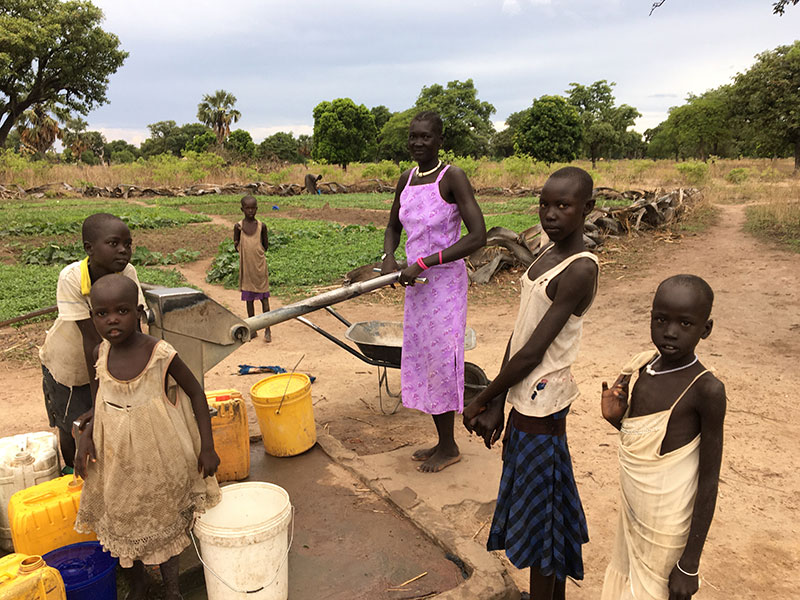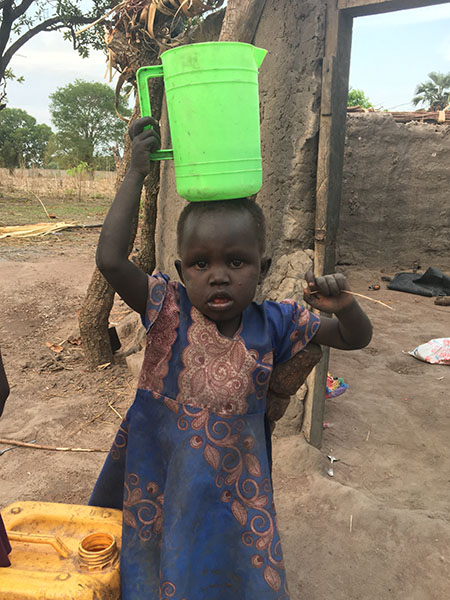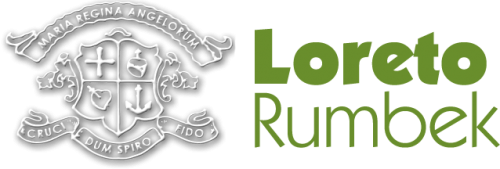News from Rumbek
The importance of water bore holes in the community
In South Sudan today there is no organized water system. Most of the water points in the communities are called bore holes, these are wells that the people pump the water from.
According to the culture this is the place for women and children, it is seen as a taboo for a married man or young men to be at the bore hole.

Women and children gather at a bore hole in Rumbek, South Sudan
Women and young children are greatly affected by the lack of water and boreholes. They would walk long distances to the nearby water point which tend to be overcrowded. People queue to get water but at times there are some individuals who would want to skip the queue as result violence can break out.
To promote community health and easily accessible water supply, boreholes are drilled in communal land so that the community can benefit from it. To ensure sustainability of the borehole, one member of the community is entrusted to take full responsibilities of its management. To the local communities around Rumbek, boreholes are not only meant for water but it a place full of life since it serves as subsidiary farming ground for the women in the society.
Laat Mading is one of the people entrusted with the responsibilities of the borehole in his village. He explains “I am a father of 4 and a widower. I lost my wives last year and I am left with small children that cannot manage to walk for longer distance to get water. Sometimes, they get beaten at the borehole when they have gone for water.
 Thanks to Loreto for bringing this borehole near my house and for having stood by me during the hard times. I appreciate all their encouragement and the work they are doing to our community. My children are now safe and the community of Marial Tit is happy to receive new borehole and safe from walking a longer distance to access water”.
Thanks to Loreto for bringing this borehole near my house and for having stood by me during the hard times. I appreciate all their encouragement and the work they are doing to our community. My children are now safe and the community of Marial Tit is happy to receive new borehole and safe from walking a longer distance to access water”.
Women in our society play a major role in nourishing their families by providing all the necessary needs at homes especially in feeding. Often they come together and plant around the boreholes into an agricultural field by planting vegetables both for home consumption and for sale.
At times, some of the agricultural training and practices are done to improve the methods of farming as well as to empower the women in playing a critical roles to the contribution to the economic.
Alook Machut, a mother of six owns a small piece land around the borehole expresses –
I’m very happy to have been one of the few women in the community to have a piece of land that is producing well at the borehole. I own a garden which earns me at the end every month and I am able to feed my family and pay my children’s school fee from the little I get there”
The community members are also invited to take part in the agriculture program done at the Loreto School, usually it last for 3-6 months, modern techniques and variety of crops are introduced to them. This creates sustainable agriculture by maximizing the general output.
Awut Mading another person who enjoys the services of the borehole further added, “Since the borehole were brought near, I am no longer trouble by the fact that I need to walk for longer distance to get water and have access to a clean and safe water. The chances of getting diseases such as malaria and typhoid are at least reduced unlike before when my family and I used to take water from contaminated sources”.
Enhancing our communities
Over the past ten years Loreto donors have provided ten boreholes to the local communities. Along with better access to water the communities have each planted gardens beside them. The lives of the local communities have greatly improved as a result of enough water, healthy food and an income generating programme from their vegetable gardens.
Sign up to our newsletter
Keep up to date with news, fundraising events and activities
Want to help us further? Make a Donation
